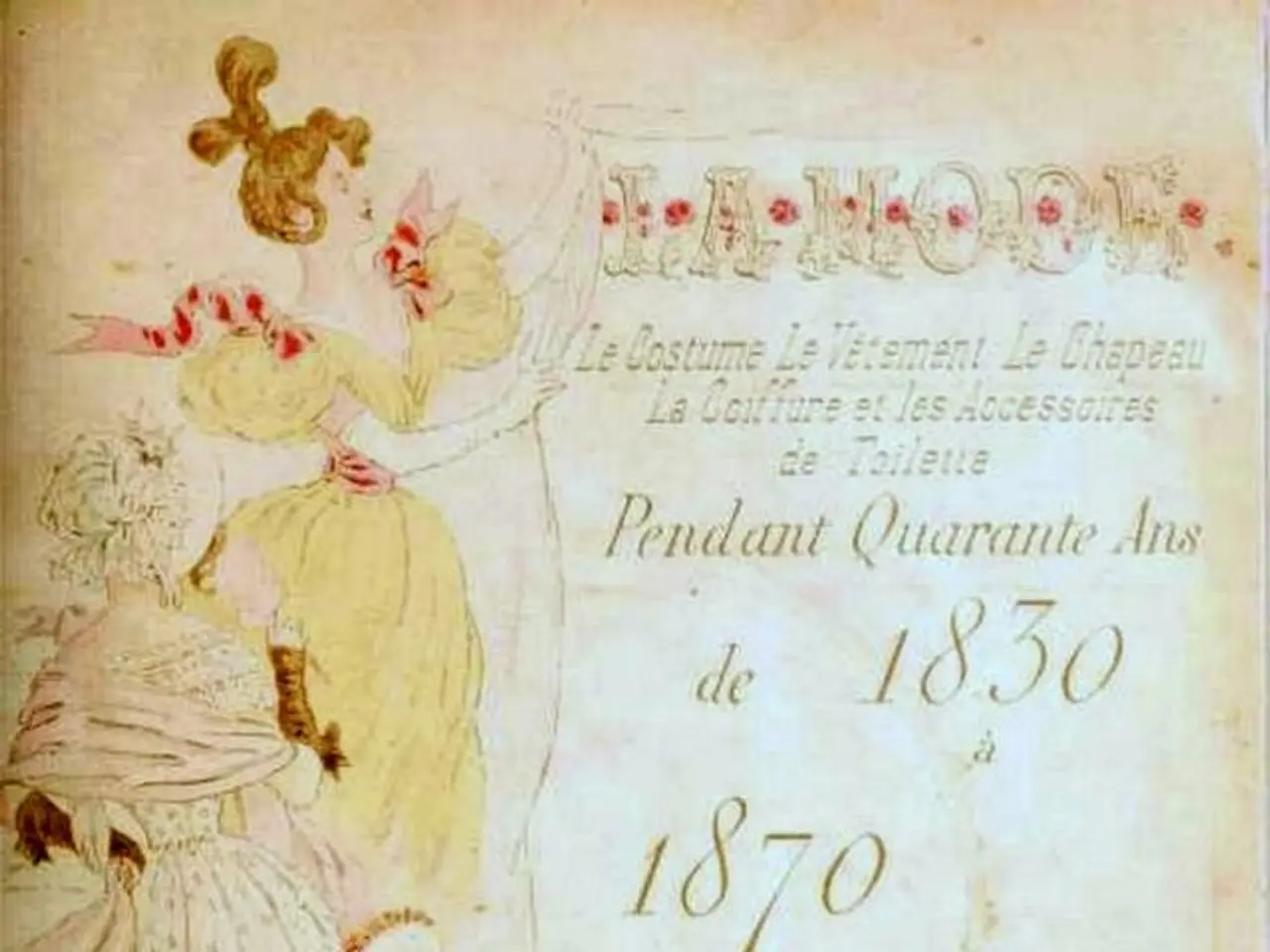Demand for Indigenous Physical Self-Governance
In a poignant column in Atmos Magazine, an anonymous author sheds light on the ongoing struggle for Indigenous women's reproductive rights in the United States. The conquest of Native women's bodies, as the author points out, continues to this day, with trafficking, rape, and living in homelands surrounded by red states being just a few of the challenges faced.
The Indian Health Service (IHS), a federal government operated health care system for Native Americans, has been a contentious issue in this fight. Due to the Hyde Amendment, the IHS is unable to perform abortions, leaving many Native women with limited access to essential reproductive healthcare.
The author, who was sterilized by the IHS at the age of 21, highlights the steady erosion of reproductive rights for Native womb-havers since the arrival of colonizers. In pre-colonial times, Native women had access to abortifacients from Native plant uses. However, this autonomy has been systematically taken away.
The Sisseton Wahpeton Oyate (Nation), a tribe based in South Dakota, offers a unique perspective on this issue. According to traditional native law, Native women have individual autonomy over reproductive health, the viability of pregnancy, and appropriate health care decisions. This autonomy is established through consultation with the Creator, elder women, medicine people, and physicians.
Regrettably, this autonomy has not always been respected. There was a court-ordered moratorium on sterilizing women aged 21 and younger, but the IHS still performed forced sterilizations. Thousands of Native women were affected by these practices between 1973-1976.
The recent Dobbs ruling, which denies women's reproductive rights from being protected by the Constitution and leaves it up to the states to address, further threatens the reproductive rights of Indigenous women. Abortive care will not be available in large geographic regions of the U.S. due to this ruling.
Despite these challenges, the Sisseton-Wahpeton Oyate (Nation) continues to fight for reproductive rights. They emphasise the sacred power given to women to bring new life to the Oyate (People), and respect the Creator's sacred gift of the ability to give life and the individual autonomy of Native women. The Nation believes that women know their own bodies better than anyone else.
Childbirth was sacred to Native women, who were surrounded by other women during labor and the infant receiving the sacred breath of life. The Sisseton-Wahpeton Oyate (Nation) calls for the fight for reproductive rights due to these ongoing issues.
The search results do not provide information about the exact identity or nation of the author of the column in Atmos Magazine. Nevertheless, their powerful words serve as a reminder of the ongoing struggle for Indigenous women's reproductive rights in the United States.
Read also:
- Peptide YY (PYY): Exploring its Role in Appetite Suppression, Intestinal Health, and Cognitive Links
- Toddler Health: Rotavirus Signs, Origins, and Potential Complications
- Digestive issues and heart discomfort: Root causes and associated health conditions
- House Infernos: Deadly Hazards Surpassing the Flames








